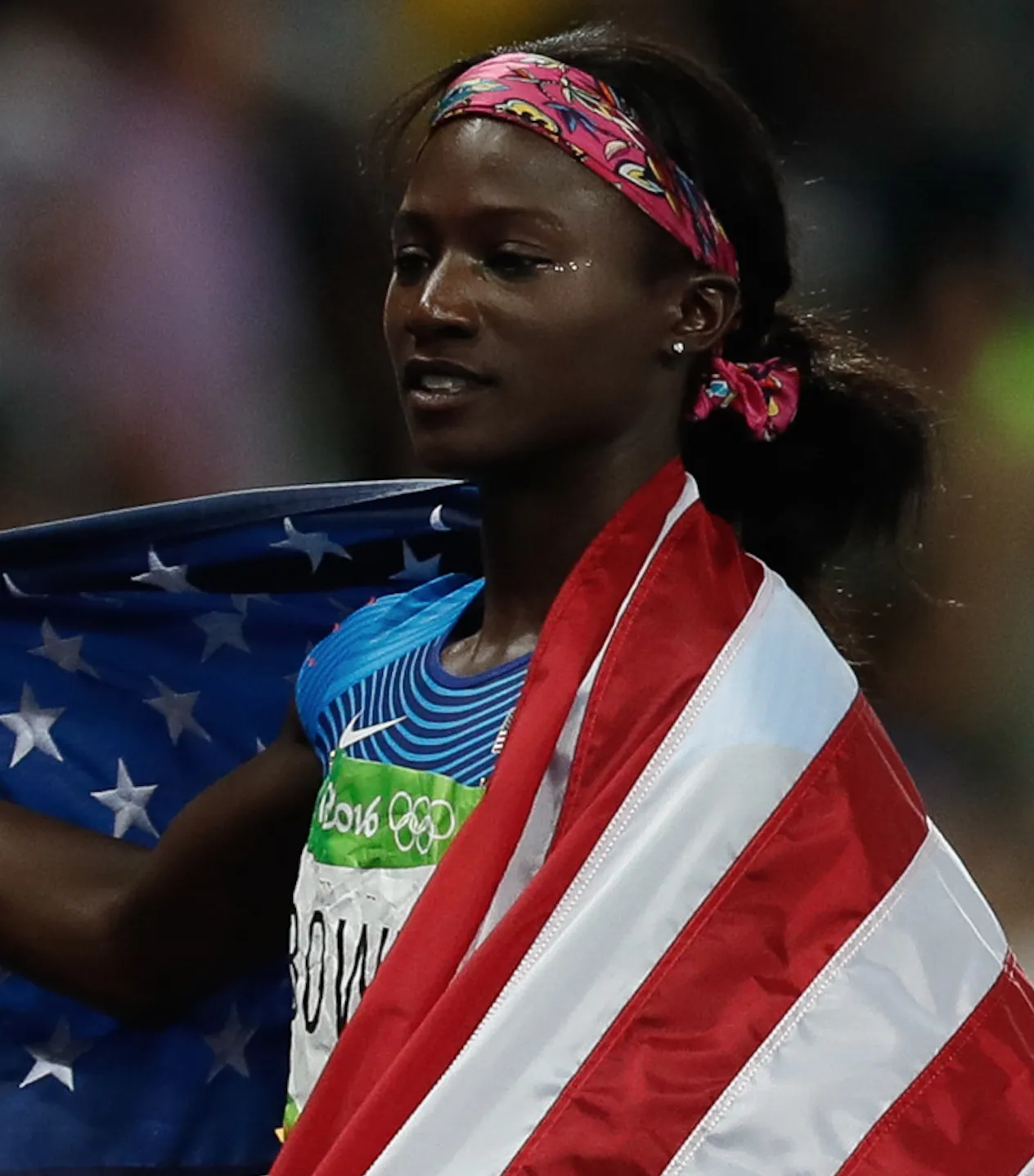In a devastating turn of events, U.S. Olympic champion sprinter Tori Bowie’s life was cut short due to complications of childbirth. The sudden loss of the three-time Olympic medalist has drawn attention to the pressing issue of maternal health disparities, particularly among Black women in the United States.

Photo Credit: Wikimedia Commons
Olympic sprinter Tori Bowie’s tragic demise due to childbirth complications has brought attention to a concerning issue within the healthcare system. The recently released autopsy report from the Orange County Medical Examiner’s Office in Florida shed light on the circumstances surrounding her untimely death. Bowie, who was found deceased in her Florida home on May 2, was eight months pregnant and in active labor at the time. The autopsy indicated potential problems such as respiratory distress and eclampsia, factors that contributed to her passing. Bowie, aged 32, had enjoyed a remarkable sprinting career, notably earning three gold medals at the 2016 Rio de Janeiro Games.
The report clarified that Bowie was discovered in bed during a welfare check performed at her “secured residence,” ruling her death as natural. These findings provided some relief for Kimberly Holland, Bowie’s representative, as they dispelled speculations suggesting self-harm as the cause of death, which had circulated wrongly.
Tragically, Bowie’s passing underscores a significant concern: the high maternal mortality rate among black women in the United States. According to the Centers for Disease Control and Prevention, the maternal mortality rate for black women is projected to be 69.9 per 100,000 live births in 2021, almost three times higher than that of white women. This alarming disparity calls for urgent attention and improvements in healthcare to ensure the well-being of expectant black mothers.
Bowie’s life journey was marked by challenges and resilience. Raised by her grandmother in Mississippi, she initially pursued basketball but reluctantly joined the track team in high school. However, her exceptional talent quickly emerged, leading her to excel as both a sprinter and long jumper. Bowie went on to attend the University of Southern Mississippi, where she achieved remarkable victories in the long jump NCAA championships in 2011.
The pinnacle of Bowie’s career came at the 2016 Rio Olympics, where she attained silver in the 100 meters, bronze in the 200 meters, and a gold medal as part of the 4×100 relay team. Her success continued as she clinched the gold in the 100 meters at the 2017 world championships in London, solidifying her reputation as a formidable athlete.
The news of Bowie’s untimely death reverberated throughout the track and field community, leaving a profound impact. Max Siegel, the CEO of United States Track and Field, expressed heartfelt condolences and acknowledged Bowie’s immeasurable contribution to the sport. Renowned sprinter Justin Gatlin paid tribute to Bowie, highlighting her fierce competitiveness, camaraderie, and positive spirit, which left an indelible mark on the sport.
Tori Bowie’s story is an inspiration to many. She achieved amazing success in her sports career by overcoming challenges and demonstrating incredible determination. Her death emphasizes the need of continuing efforts to eliminate healthcare inequities encountered by Black pregnant moms and to ensure that every woman receives the support and care she requires during pregnancy and delivery.
Stay connected with Today On Globe for the latest Global Issues and News Updates.
Explore more related articles at [TOG News / TOG Article]












